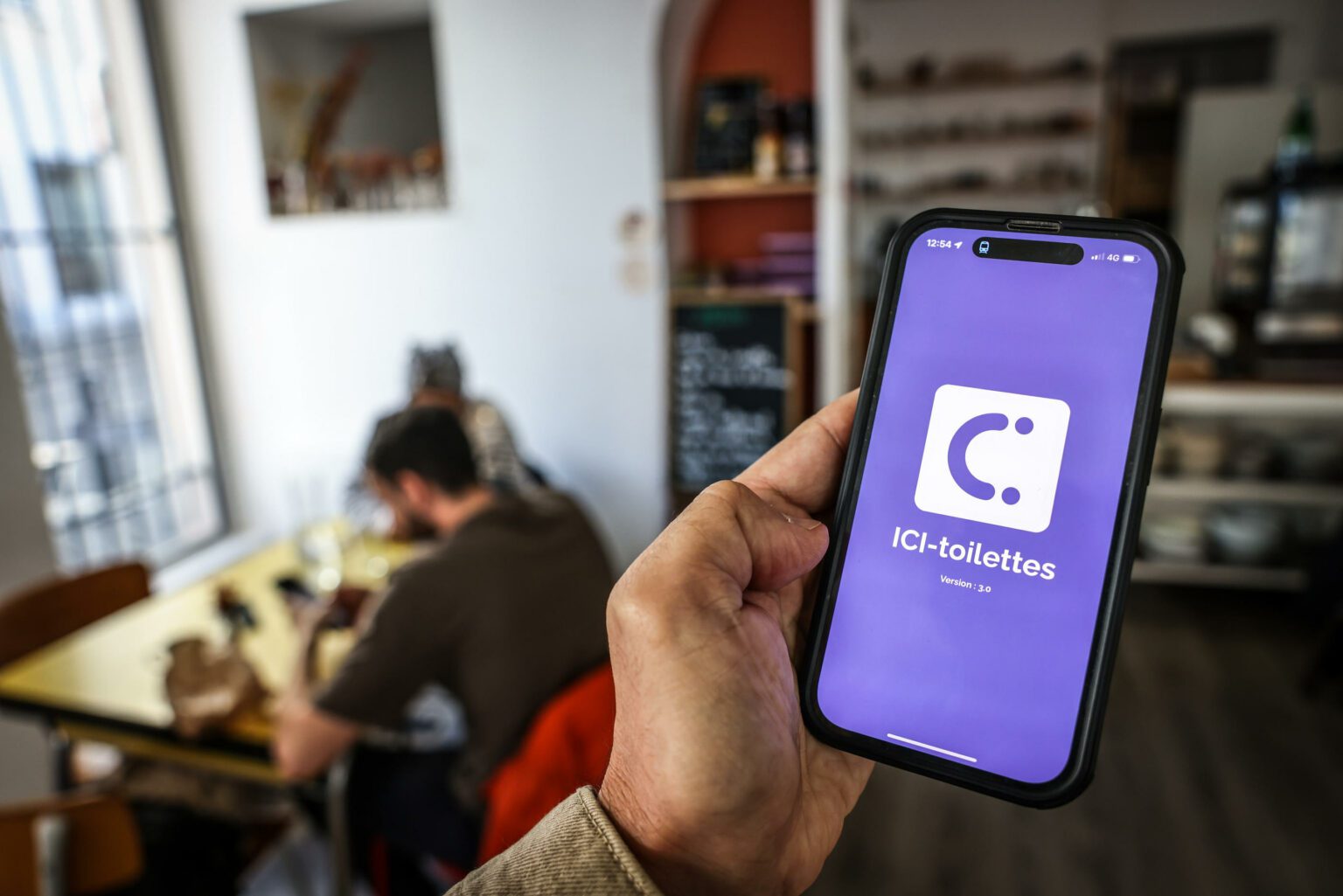
The ICI Toilettes project began as a general observation of public health problems.
Public toilets are currently the only solution offered for accessing sanitary facilities in the public space. Unfortunately, they are not perfect: some people mention insalubrity, while others simply say they’re difficult to access or not practical. Women are primarily affected by this issue (75% of them are reluctant to use public toilets), deepening inequality and exacerbating menstrual precarity. The cost of this street furniture (20 to 30 KEUR per year) and significant water consumption add to this social observation. ICI Toilettes complements the public toilets available through its network of partners, and offers towns and cities the chance to make the most of the existing sanitary facilities in their area.
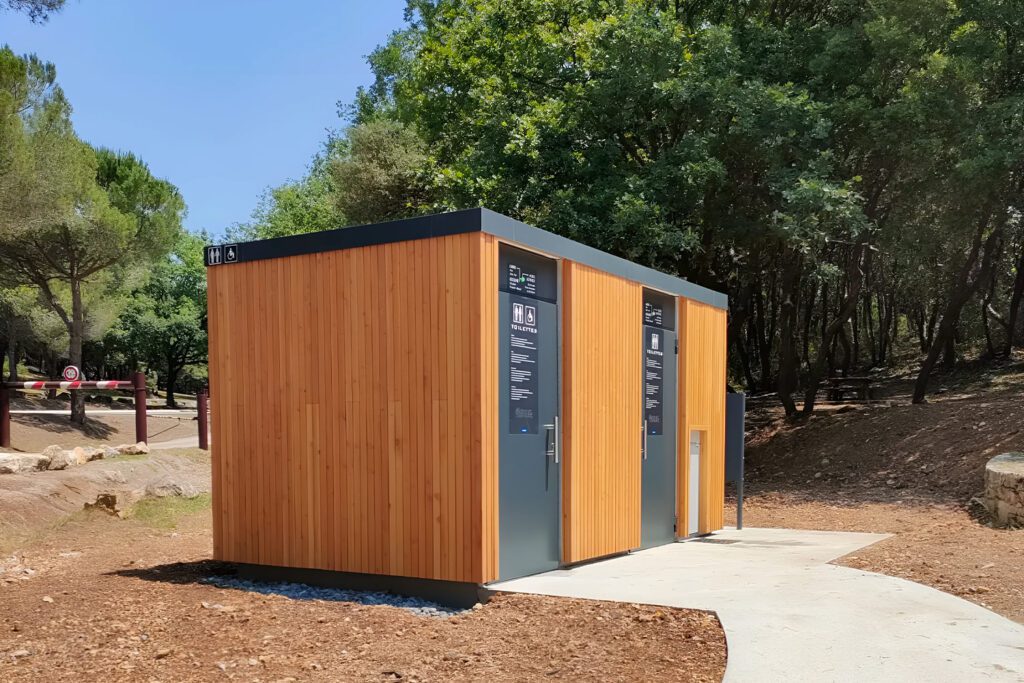

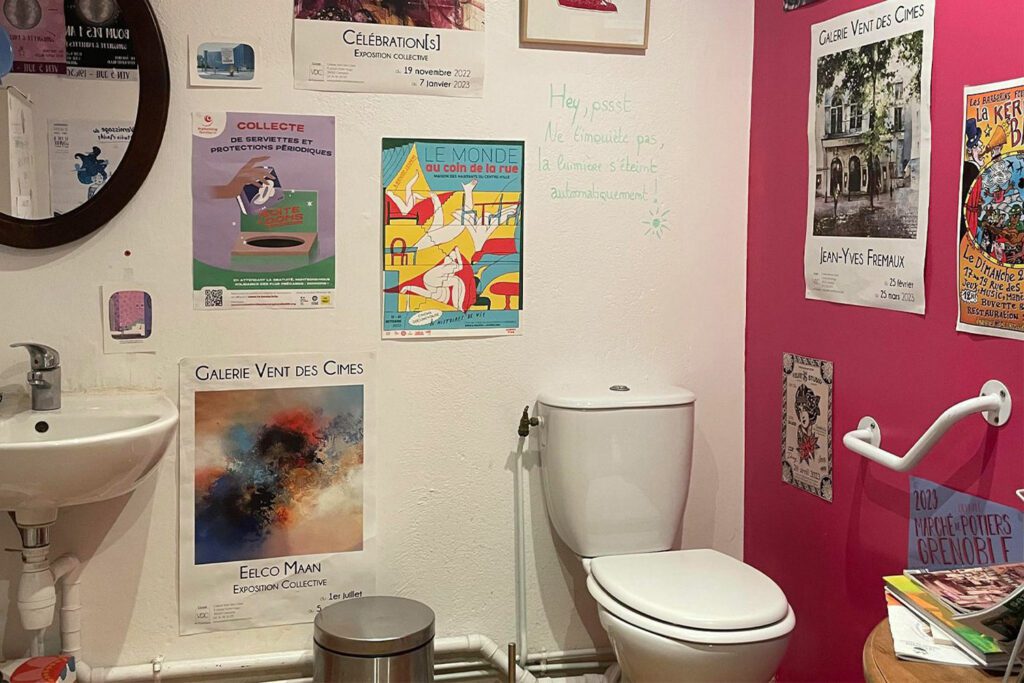
The difficulty: private behavior
in a public environment
There is currently a clear ambition from public authorities to address the issue of accessibility to sanitation. Financial, social and quite simply human issues motivate us to find solutions in a difficult context and on a subject that unfortunately still elicits to smile… or not!

🌎 Cultural
The impact on tourism is significant, whether on our own territory or for welcoming foreign visitors (particularly from Asia).

🩺 Public health issues
According to the Ministry of Health200,000 people in France suffer from pathologies that require access to sanitary facilities at all times.
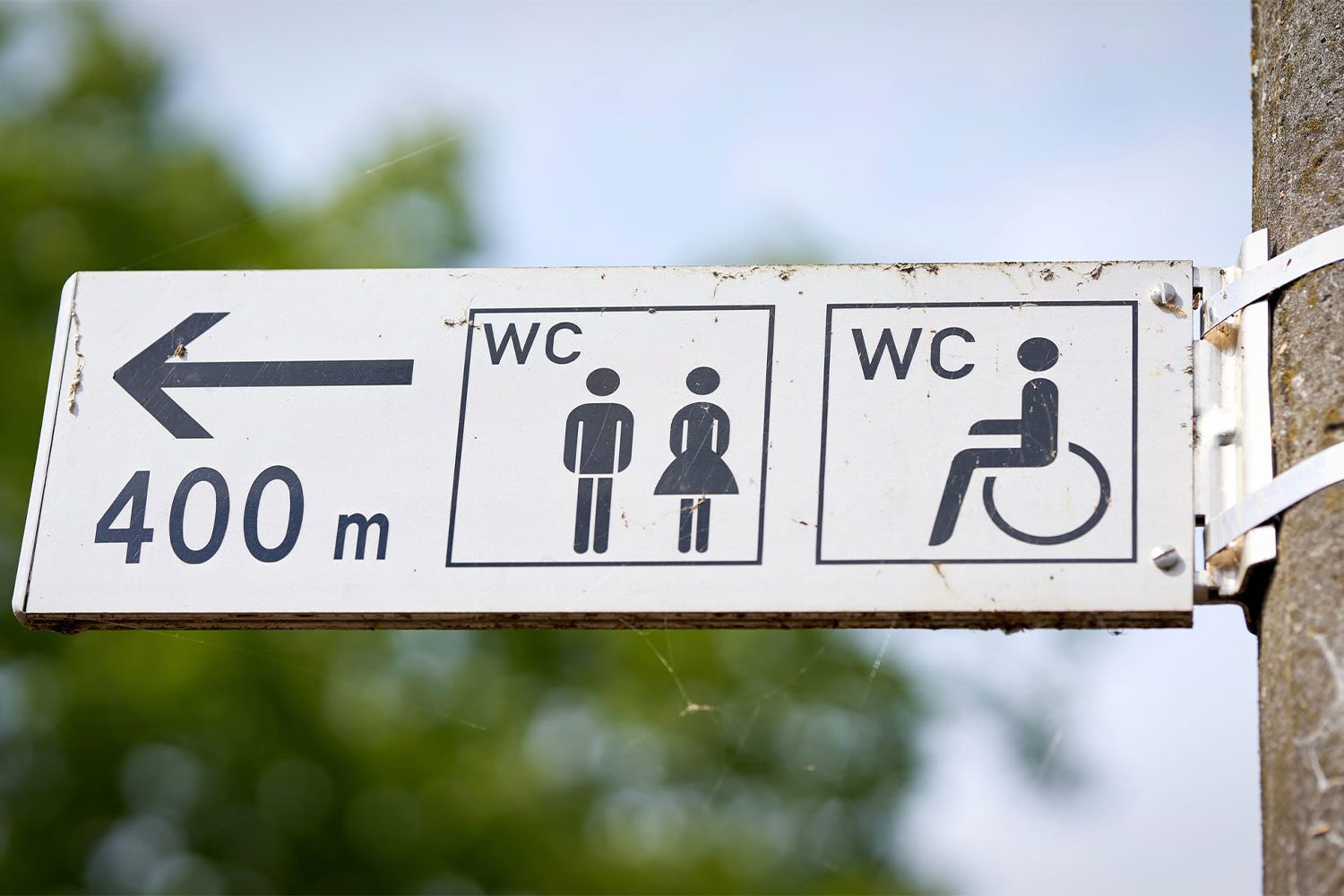
🗺️ Mapping
There is a real challenge with urban planning and the mapping of accessible toilets. Not to mention faulty infrastructures.
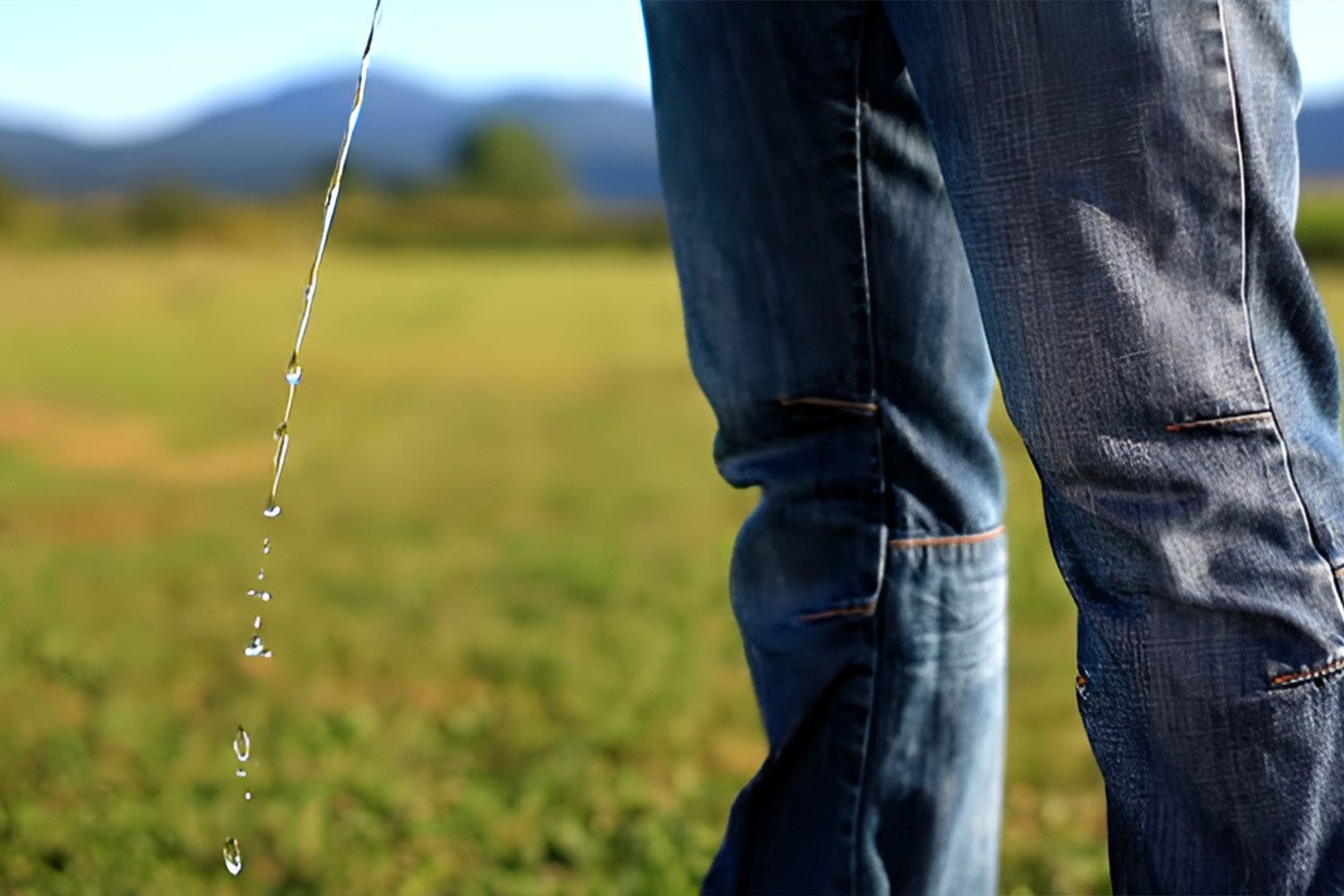
🚽 Damage
The incivility resulting from the lack of public toilets incurs costs. In Paris, for example, 56,000 m2 of walls and doors are soiled by urine each month.

Our solution: the ICI Toilettes application
ICI Toilettes proposes to develop the range of public toilets by partnering with cafes and shops, which will be compensated in exchange for the service they provide.
In a social inclusion approach, ICI Toilettes also partners with existing associations in the area. We share our missions with them and in exchange, they receive a portion of the compensation benefits.
Equivalent projects exist in Germany, Austria and Switzerland, involving over 200 towns and 2,200 retailers each. Want to find out how the ICI Toilettes project came about? Click here!
